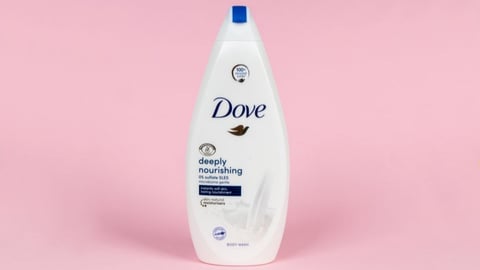Amazon Debuts New AI-Powered Shopping Assistant, Outlines Broader Gen AI Ambitions
Amazon’s interest in AI shows no signs of slowing. This week, the company announced it would be rolling out a new artificial intelligence assistant for shopping called Rufus.
The Rufus tool is designed to help users search and shop for products, allowing consumers to type or speak a question into the search bar in Amazon’s mobile app, spurring a chat window to appear. Users can then ask conversational questions such as “What to consider when buying headphones?”, “What to consider when detailing my car at home?”, or “What are clean beauty products?”
Customers can expand the chat dialog box to see answers to their questions, tap on suggested questions, and ask follow-up questions in the chat dialog box.
Rufus uses Amazon’s product catalog data, customer reviews and Q&As, and information from the broader web to determine recommendations, the company said. Currently, Amazon says it is piloting the feature with a small selection of users but intends to roll it out nationwide shortly.
Ease of use and personalization are at the heart of the roll-out, as Amazon looks to expand its ability to offer a seamless, tech-enabled shopper experience. “We're at the start of what Rufus will do with further personalization and expansion coming, but we're excited about how it will make discovery even easier on Amazon,” said Andrew Jassy, president & CEO of Amazon.com, in an earnings call.
Amazon’s (Iterative) AI Strides
As pointed out in the blog post announcing the Rufus news, the e-commerce giant has been working in the artificial intelligence space for more than 25 years. Amazon’s more recent AI experiments run the gamut from — personalized size recommendations, to review highlights, to supply chain optimization and expanding their sellers’ ecosystem through the optimization of third-party listings.
Amazon is one of many CPGs and retailers launching generative AI-fueled chatbot technologies, both consumer-facing and for use within the company.
Last year, meat company Johnsonville implemented a knowledge assistant platform to help associates access insights across the enterprise, while Kraft Heinz says it is building an internal generative AI app, known as KraftGPT, for employees to obtain quick insights into things like product sales.
On the consumer-facing side, Walmart rolled out a similar search technology at CES in January, allowing iOS users to search by specific use cases.
For Amazon, it seems Rufus is just one of the first steps on the company's generative AI marathon. Speaking on the company’s earnings call, Jassy described Amazon’s broader approach to generative AI as “iterative” and “democratizing.”
“[Generative AI] is a very iterative process and real work to go from posing a question into a chat bot and getting an answer, to turn that into a production quality application at the quality you need for your customer experience and your reputation and then also getting that application to work at the latency and cost characteristics that you need,” Jassy said on the earnings call, adding that customers want choice, on a case by case, application by application basis, when it comes to these models, rather than just one model “ruling the world.”






